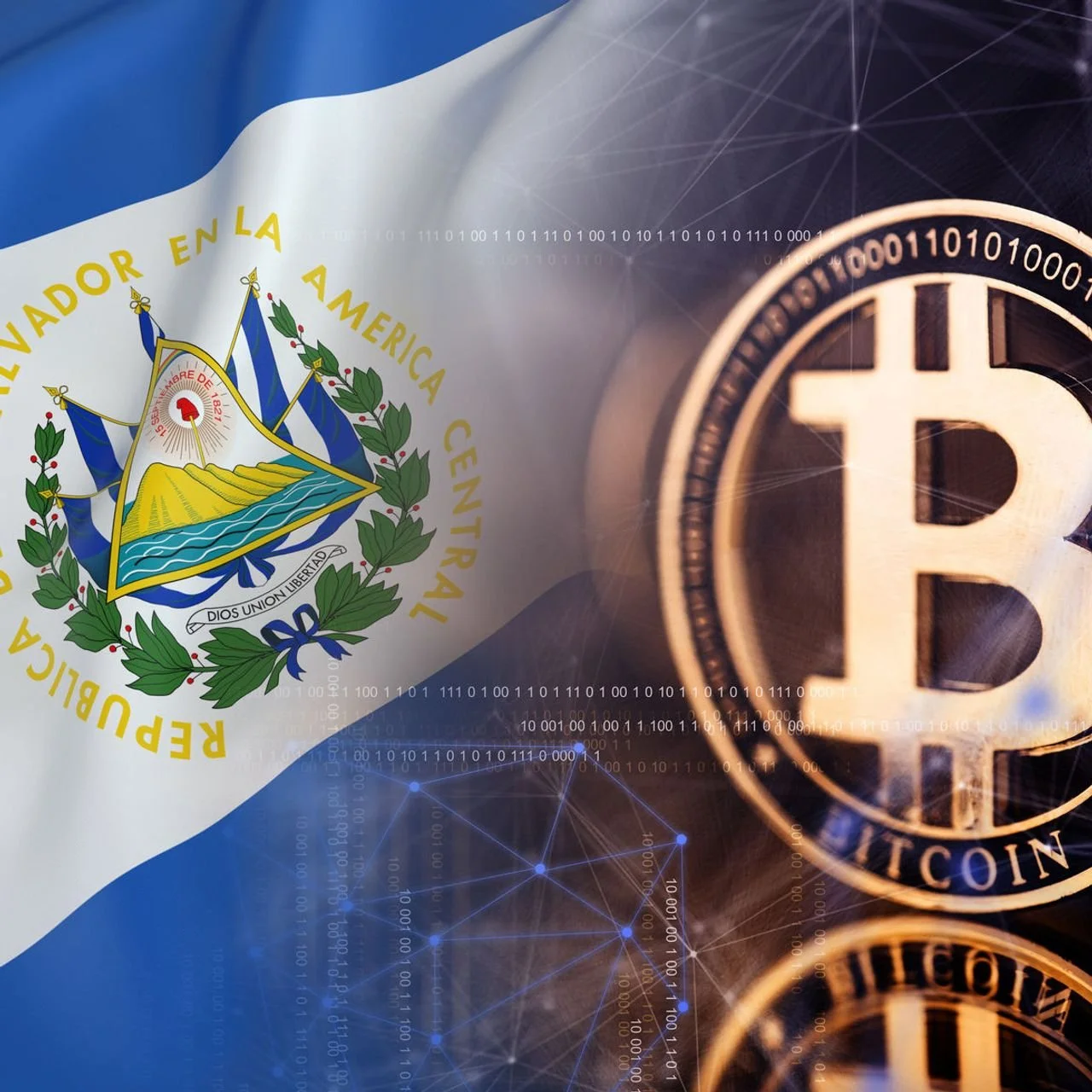El Salvador's Financial Lesson for Developing Nations
As El Salvador nears its first anniversary since crowning bitcoin, its legal currency, the country’s progress speaks volumes to Bitcoin’s viability. Before, El Salvadorian youth wanted to escape and instead pursue the American Dream. After the President declared a legal bitcoin would grant “70% of the population” access to financial services, the youth gained hope. Now the question remains: Has the financial experiment worked?
Bitcoin surely revitalized the country. Because one in four El Salvadorians has escaped the country, bitcoin remittances have become a lifeline. Put simply, relatives transfer the currency to El Salvadorians, which has amounted to around $6 billion so far. The President’s promise, for the most part, is being fulfilled.
This only paints a spot of the picture. In fact, the consequences of a legal Bitcoin are much more pronounced.
In the first few weeks of Bitcoin adoption, protests erupted nationally. Thousands gathered and attempted to reverse the new legal tender, believing it would ruin the country. And they weren’t exactly wrong. Many believed that Bitocin should exist and thrive but not become the national currency, especially amid an era of volatility. The IMF, too, disagreed with the President’s bitcoin bonanza. They relinquished a 1.3 billion dollar assistance deal for relieving debt because bitcoin is incompatible with such assistance. This held significant ramifications for the country’s debt situation, which bitcoin only worsened.
Meanwhile, bitcoin is known for its high risk, high reward nature. Also known as volatility, this phenomenon has stirred up panic in the country. So far, the value of crypto has plummeted 37 percent. This means that El Salvadorians have lost over $38 million. The Russia-Ukraine war has exacerbated this trend and damaged the crypto market. Crypto, unfortunately, is the legal currency meaning that everyone gets affected as opposed to if it was a secondary currency.
Bitcoin also poses financial integrity concerns. The El Salvadorian fiscal policy is falling short because of crypto’s susceptibility to tax evasion. Furthermore, cybercriminals and money laundering efforts have jeopardized the credibility of crypto. Tightening regulations and cracking down on bitcoin crime could mitigate such issues.
With over 25% of the population living in poverty, the country must protect its citizens. Requiring E-Wallets or increasing monitoring could serve as a safeguard. Encouraging long-term investments could also prevent large losses in savings triggered by Bitcoin value swings.
What Does This Mean for the Future:
Developing countries should learn a lesson from El Salvador: Making bitcoin a legal tender steers countries into crises. Nations can harness the potential of fintech by regulating and investing in it, not officializing it.
